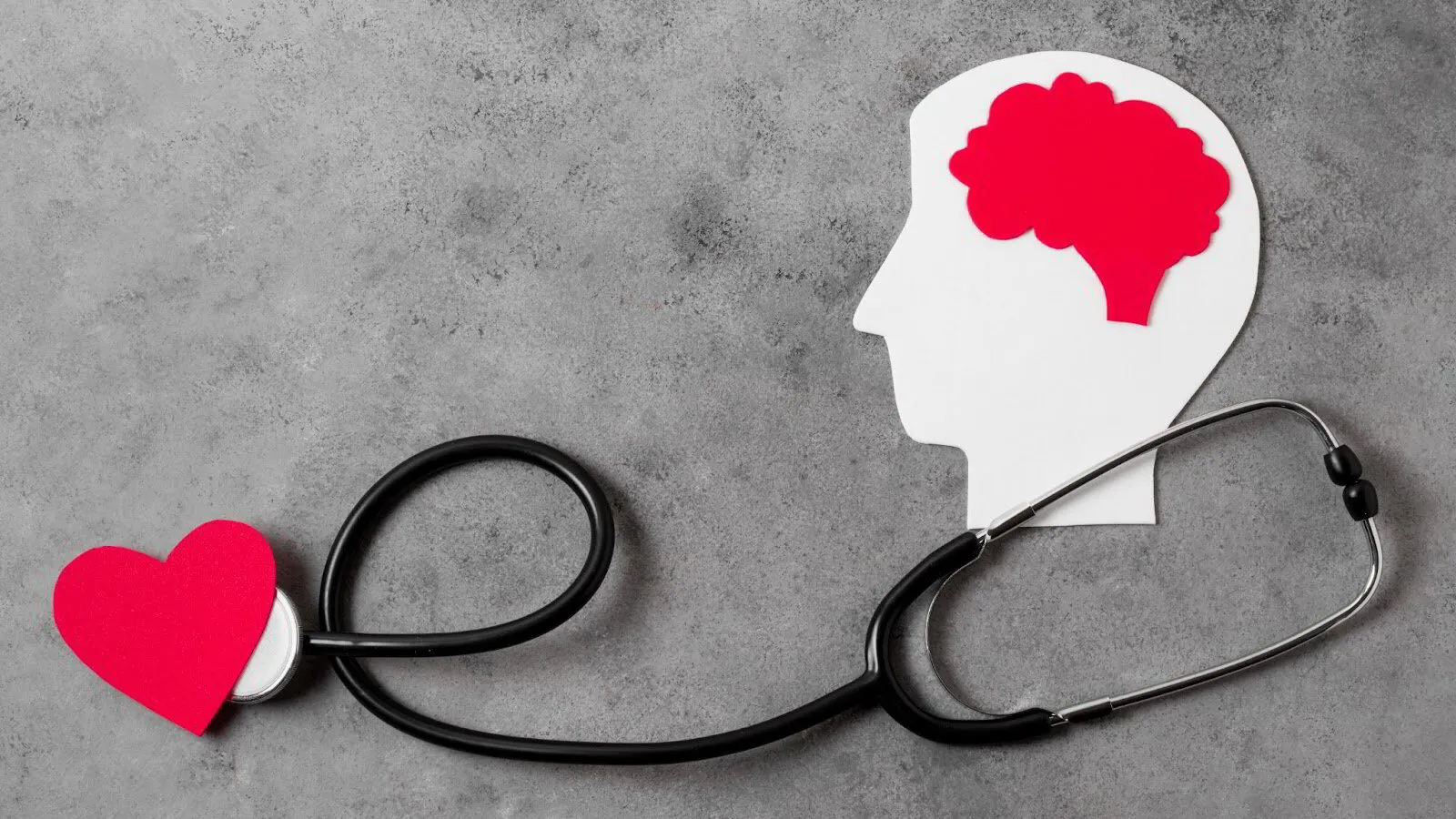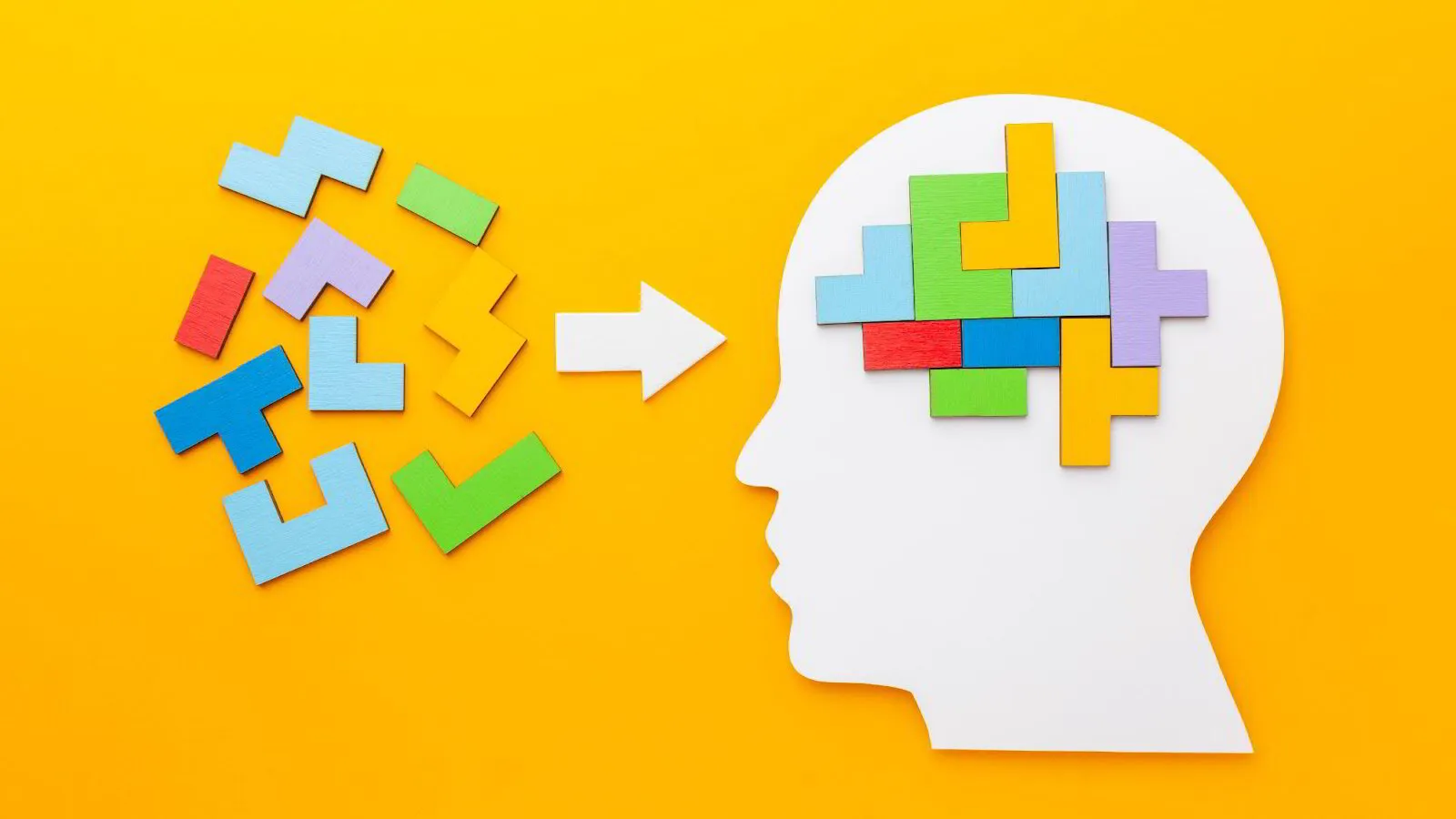Introduction
The relationship between physical and mental health is often overlooked, but it's essential to understand how the two are interconnected. People are recognizing that there is no health without mental health. It's crucial to acknowledge that physical health can affect mental health, and vice versa. A healthy body and mind are vital for overall well-being, and it's essential to maintain a balance between the two. In this blog post, we will explore the connection between physical and mental health and how one can impact the other, while also keeping spirit in mind that reflects our values and what gives meaning to our lives.
Understanding Physical Health:
Physical health refers to the overall physiological functioning of all organs and systems in the body, including the ability to perform daily activities and physical fitness, which requires a healthy musculo-skeletal system. Physical health involves several aspects, including proper nutrition, regular exercise, and adequate rest. Maintaining good physical health is vital for the body to function correctly and prevent the onset of diseases or illnesses.
The Relationship between Physical and Mental Health
The term "mental health" describes a person's psychological - emotional and thinking - well-being. It involves the ability to connect with emotions and feelings, handle stress, and maintain healthy relationships. Good mental health is essential for individuals to cope with daily challenges and enjoy a great quality of life.
The Relationship between Physical and Mental Health:
Physical and mental health are interconnected, and the state of one can significantly impact the other. Studies show that poor physical health can lead to mental health problems, such as depression, anxiety, mood lability, amotivation and low self-esteem. Similarly, poor mental health can lead to physical health problems, such as chronic pain, high blood pressure, and heart disease. Our brain is the most important organ in the body that is connected to every other part of the body through the nervous system (neurons) and circulatory system (arteries and veins) that carry electrical and chemical, including hormonal, signals to keep everything functioning well. Nervous and circulatory system problems can affect our lungs, liver and kidneys that are important in getting rid of toxins that we may inhale or ingest. Further, our immune system that is important in dealing with external threats such as viruses, bacteria or other micro-organisms, requires healthy nervous and circulatory systems.
How Physical Health Impacts Mental Health
Wellness on both the inside and out is closely related. Regular exercise releases endorphins, which are natural mood enhancers that can help reduce feelings of anxiety and depression. Additionally, exercise can boost confidence and give a sense of achievement. Proper nutrition is also crucial for maintaining good mental health, as a well-balanced diet can provide the necessary nutrients for the brain to function correctly. A healthy brain allows it to send proper signals to keep other parts of the body functioning well.
On the other hand, poor physical health can lead to mental health problems. Chronic illnesses such as diabetes, heart disease, and cancer can cause feelings of depression and anxiety. Chronic pain can also lead to mental health problems, such as anxiety, depression and insomnia.
How Mental Health Impacts Physical Health:
Chronic stress can lead to several physical health problems, such as high blood pressure, heart disease, and diabetes. Studies show that stress can weaken the immune system, making individuals more susceptible to infections and illnesses. In fact, stress that results from taking on too much or getting caught in a mismatch between expectations and reality is the main driver to aggravation of disease and illness that often has genetic and environmental roots.
Mental health problems such as stress, depression and anxiety can also aggravate and perpetuate unhealthy behaviours such as smoking, excessive alcohol and/or drugs consumption, especially if there is a family history or genetic connection with Addiction and Mental Health problems. These behaviours can lead to several physical health problems, such as diabetes, obesity, lung cancer, liver disease, and heart disease.
Keeping Physical and Mental Health in Balance:
Maintaining a balance between physical and mental health is crucial for overall well-being. Regular exercise, proper nutrition, and adequate rest are essential for maintaining good physical health. Practicing relaxation techniques such as meditation and deep breathing can help reduce stress and promote good mental health.
It's also essential to seek professional help if you're struggling with mental health issues. Mental health professionals can provide support in delineating the nature of mental health problems that may include addiction-related issues; and help you come up with a plan for coping strategies and developing skills to manage stress more effectively and improve mental health. Exploration of values and meaning (spiritual issues) is also part of good mental health.
Conclusions
In conclusion, the relationship between physical and mental health is significant and should not be overlooked. Good physical health is essential for maintaining good mental health, and good mental health is essential for maintaining good physical health. Maintaining a balance between the two is crucial for overall well-being. By prioritizing self-care in the context of what brings joy, meaning, peace and contentment to one’s life, we can truly appreciate serenity and well-being, in line with our values in relation to ourselves and others.







